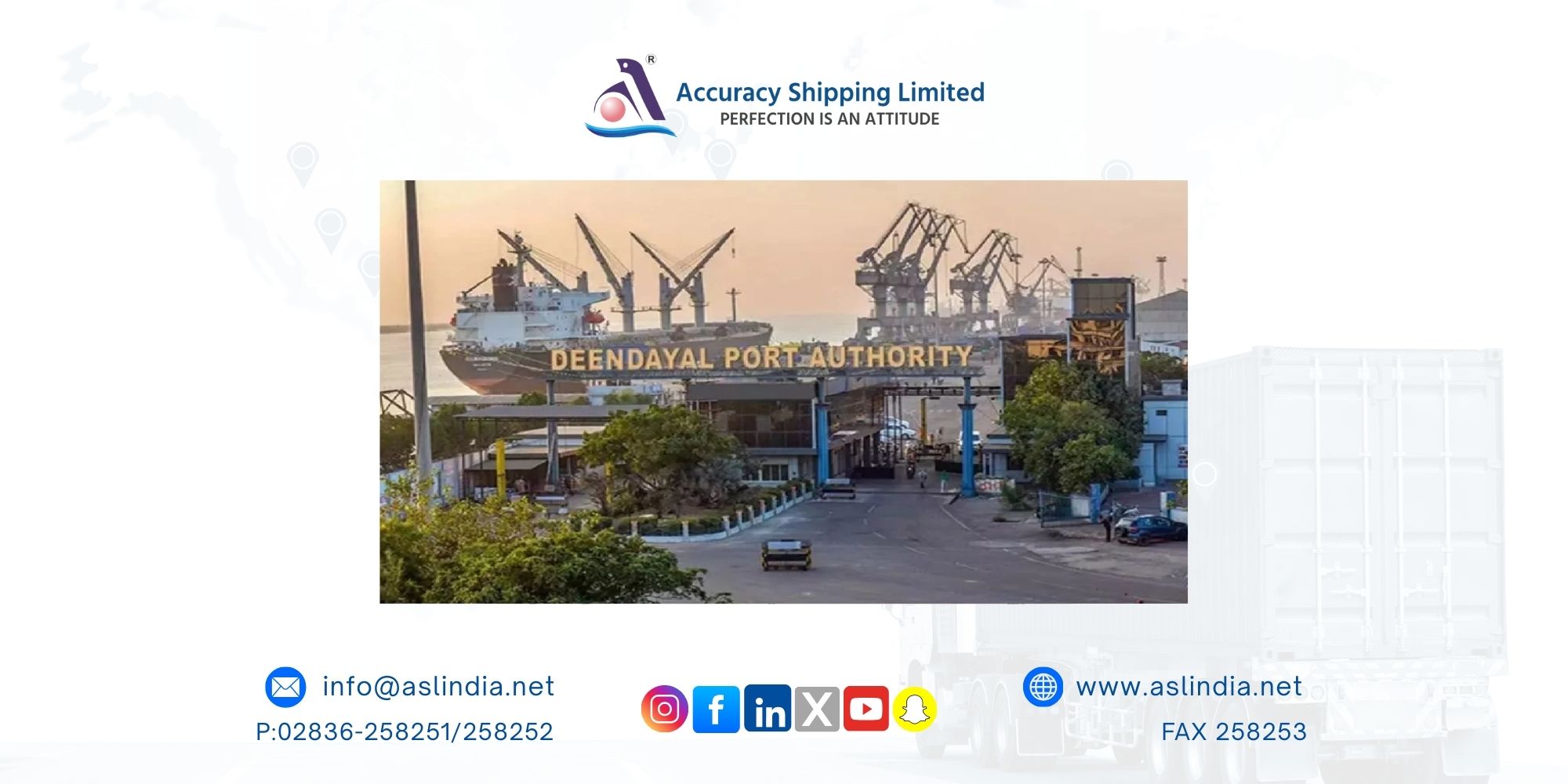Opposition rises over handover of NCT operation at Chattogram port to foreign operator

Introduction
The Chattogram Port Authority’s decision to move forward with handing over operations of the New Mooring Container Terminal (NCT) to a foreign operator has triggered widespread opposition. Port workers, political parties, and concerned citizens have voiced strong resistance, warning of the potential economic and employment impacts this move may cause.
Background of NCT Operations
Constructed at a significant cost of Tk 2,000 crore, the New Mooring Container Terminal (NCT) was completed in 2007 by the Chittagong Port Authority (CPA). The terminal spans 950 meters and features five jetties. Of these, four can simultaneously accommodate ocean-going container vessels, while the fifth jetty handles smaller vessels operating inland routes to Pangaon. Notably, NCT is equipped with 14 out of the port's 18 quayside gantry cranes (QGCs), making it a central hub for container operations.
Since its inception, operations at jetties two and three have been managed by local private firm Saif Powertec Ltd on an ad hoc basis. Later, in 2015, CPA formalized the operations by awarding tenders, making Saif Powertec Limited and its joint venture partners the operators for the other jetties as well.
In 2024 alone, Saif Powertec managed 12.61 lakh TEUs (twenty-foot equivalent units) of containers — approximately 44% of the port’s total container handling — outperforming Chittagong Container Terminal (CCT) and General Cargo Berth (GCB).
Concerns and Demonstrations
As the interim government pushes forward with the Public-Private Partnership (PPP) initiative approved by the previous Awami League administration, resistance has intensified. Demonstrations by port workers and political parties highlight deep concerns: handing over a profitable, fully operational terminal to a foreign operator is seen as economically unwise.
Protesters fear job losses, with over 1,000 workers at risk if the foreign operator takes control. Moreover, the fear is not unfounded — in the fiscal year 2022-23 alone, CPA earned Tk 1,216 crore from NCT, with a net income of Tk 574 crore after expenditures. Such strong financial performance under local management raises questions about the need for foreign intervention.
Additionally, the Chattogram city unit of Bangladesh Jamaat-e-Islami publicly opposed the move, further amplifying political resistance.
Government’s Position
Despite the growing opposition, the government defends its decision, arguing that a foreign operator equipped with modern technology could significantly enhance the efficiency of NCT. DP World, a UAE-based terminal operator, is currently under consideration, largely due to the strong bilateral relations between Bangladesh and the UAE, where a large Bangladeshi expatriate workforce resides.
The International Finance Corporation (IFC), appointed as the transaction adviser, is expected to submit its final report next month, which may further shape the final decision.
Looking Ahead
While the newly built Patenga Container Terminal (PCT) awaits full operational capacity under Saudi operator Red Sea Gateway Terminal (RSGT), the NCT remains the heart of Chattogram Port’s operations. With such a vital role at stake, the debate over its handover continues to grow.
Stakeholders argue that national assets like NCT, developed and run successfully by local expertise, should not be leased out without a thorough assessment of long-term economic, employment, and sovereignty impacts.
Conclusion
The future of the NCT operation remains uncertain as tensions rise. Balancing modernization and national interest will be crucial in ensuring that any decision made serves the best interests of Bangladesh, its economy, and its workers.







